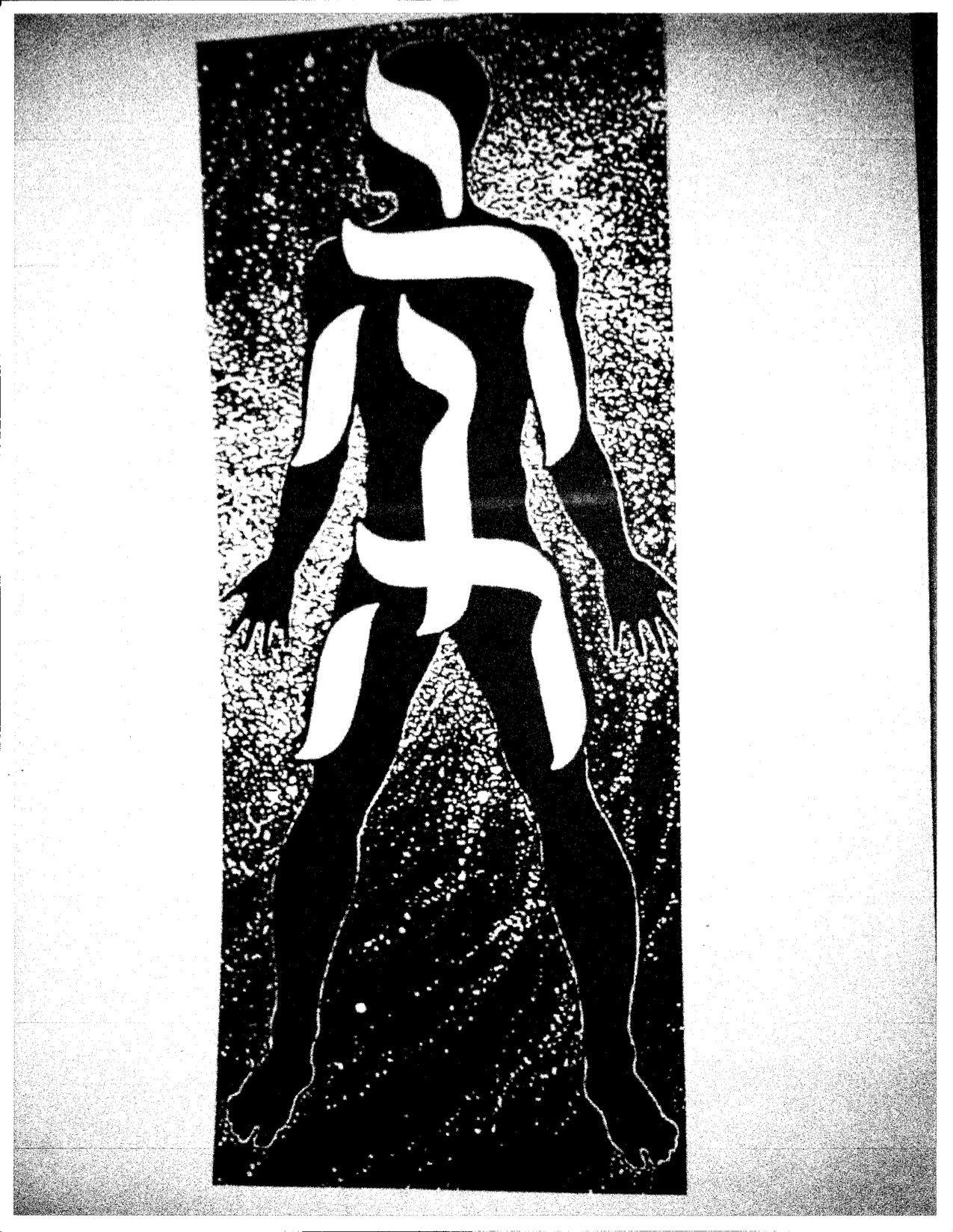In one of the most unprecedented times of our lives we all, literally every person in the world, shares in the chaos, the fear, the unpredictability, and the unknowns that confront and surrounds. As well there are many who also have personal issues within this tsunami—loss, financial insecurity, professional and/or emotional challenges, illness, aging, isolation or family separation, grappling with what’s within and what’s without. What does it mean that there is so much brokenness within the walls of our homes, our community, our country, and the world at large? How much can we handle? What are our sources for comfort, for strength, for continued growth and expansion, despite the realities life presents us? How can Judaism be our salve and how do we maintain God as central and pivotal in navigating our way through these times.
Having shaved another crisis with Rabbi Steve, this summer, near death from a Covid-like illness, I have found myself asking these questions. Struggle and challenge are not strangers to me, but these times have certainly stretched the envelope having me wonder “will I get through this?” Having counted on my inner strength, resilience, and equanimity from the past, I continue to trust that this ‘well’ is still a source of nourishment and an ‘oasis’ (the word N’vay), that will offer a refuge in such demanding and dark times. Walking into the sanctuary at Temple Akiba has been a yearly booster shot, a spiritual vaccine that inoculates me and nurtures me for the coming year. Seeing your faces and experiencing your physical presence elevates my davening (prayer) and grounds my work. I count on it from year to year but now, like all clergy throughout the country, I am faced with something new and different. I am demanded to discard the familiar and adapt to the new, un-chartered waters before me. The rush to move through the hard work of limiting Covid will probably necessitate sheltering once again, and community, as we once knew it, will not exist, at least while the virus is un-contained. Our tradition has debated for centuries “what is community” and why it is so important. In ancient times and the middle ages computers and virtual gatherings did not exist, so the controversy was between praying alone or praying in the synagogue. Though praying alone, if one can’t attend a service is acceptable, praying in community in a synagogue is preferred and Talmud even states “God listen to our prayers when we pray (physically) together. Being in a minyan, ten people joined in prayer, is an honor and is the minimum number for a service; “When ten pray Shechinah (the divine in physically is feminine) is present.”
Kavanah, intention, is what truly counts. Being in our homes as we virtually reach out or share a screen on Zoom, demands being fully present, opening our hearts to receive in a different way, setting the psace and dressing for the occasion, so one’s soul creates a ‘havdalah,’ a separation from the mundane so the holy can be present and experienced. We are called to be open to possibility and ‘change,’ the essential core meaning of the word Shana. Though physically distsant our prayers and inner work will shine in new and unexpected ways and Rabbi Steve and I are thrilled that many of you will be on this journey of transformation with us. We pray for year that will bring more healing, more balance, more equanimity, and expansion. Shana Tova.

